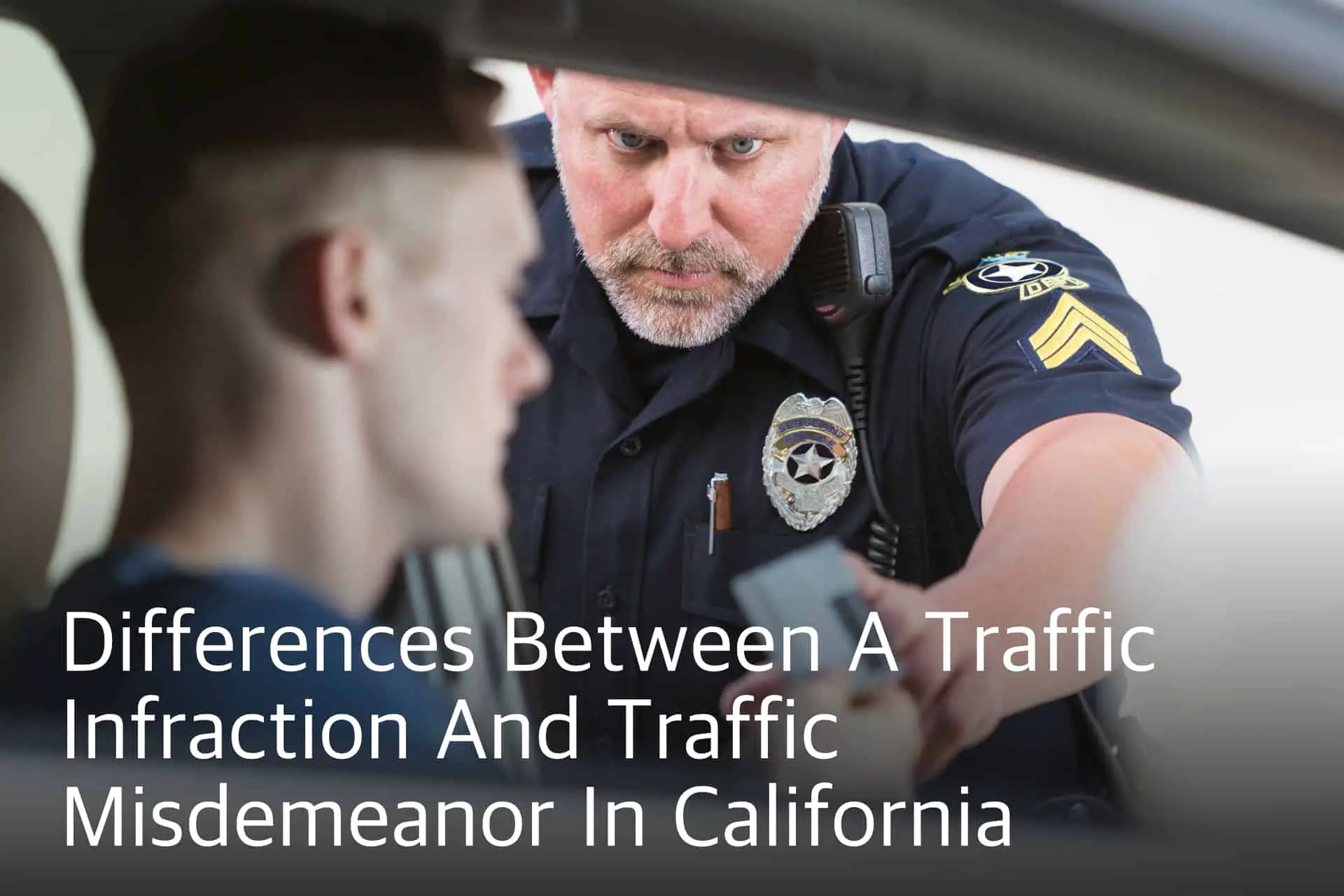One recurring issue in assessing the validity of a warrant-less search is found where the defendant in the case asserts a privacy interest in the thing searched or seized.
The Katz Ruling
In 1967, the US Supreme Court established the fundamental test in balancing a person’s right to privacy under the 4th Amendment and the government’s interest in thwarting criminal activity. Katz was arrested and convicted on illegal gambling activities on evidence primarily gathered through electronic eavesdropping equipment placed by law enforcement outside a telephone booth in Los Angeles Katz regularly used. A search warrant was not obtained.
Although Katz was clearly visible in a public place, the court concluded that he took steps to keep private the information exchanged in his phone conversations and in ruling the search unlawful, established the following two-prong test to determine if there is a reasonable expectation of privacy:
- A subjective question of whether the person exhibited an actual expectation of privacy, and
- An objective question of whether society in general is prepared to recognize that expectation.
In the years since Katz, the Court has come to some interesting conclusions in looking at this issue as it applies in various cases.
Aerial Surveillance
Another case involved suspected cultivation inside a home. Acting on a tip, the police thermally scanned the suspect house and found indications of greater heat emanating from it than other houses in the neighborhood. From training and experience, the police concluded this was due to heat lamps used to grow the plants, obtained a search warrant and the suspect was convicted. Upon appeal, the Court ruled the thermal imaging scan was a search and threw out the conviction.
Thermal Imaging
In two seminal decisions, the Court visited the issue of a private property owner who was suspected of marijuana cultivation within the property. In each case, the owner went to great lengths to shield the illicit activity from visible observation, and in fact, nothing could be seen at street-level from any vantage point around either property. Acting on a tip, officers in each case observed the properties from the air and obtained a search warrant based on the aerial observations. The Court ruled this was not a search within the meaning of the 4th Amendment because a civilian could have been in that very same air space and recognized the illicit nature of the crop observed. The convictions were upheld.
The lesson is that if you have been arrested based upon a warrant-less search, you need an experienced Los Angeles criminal attorney to review your options.




